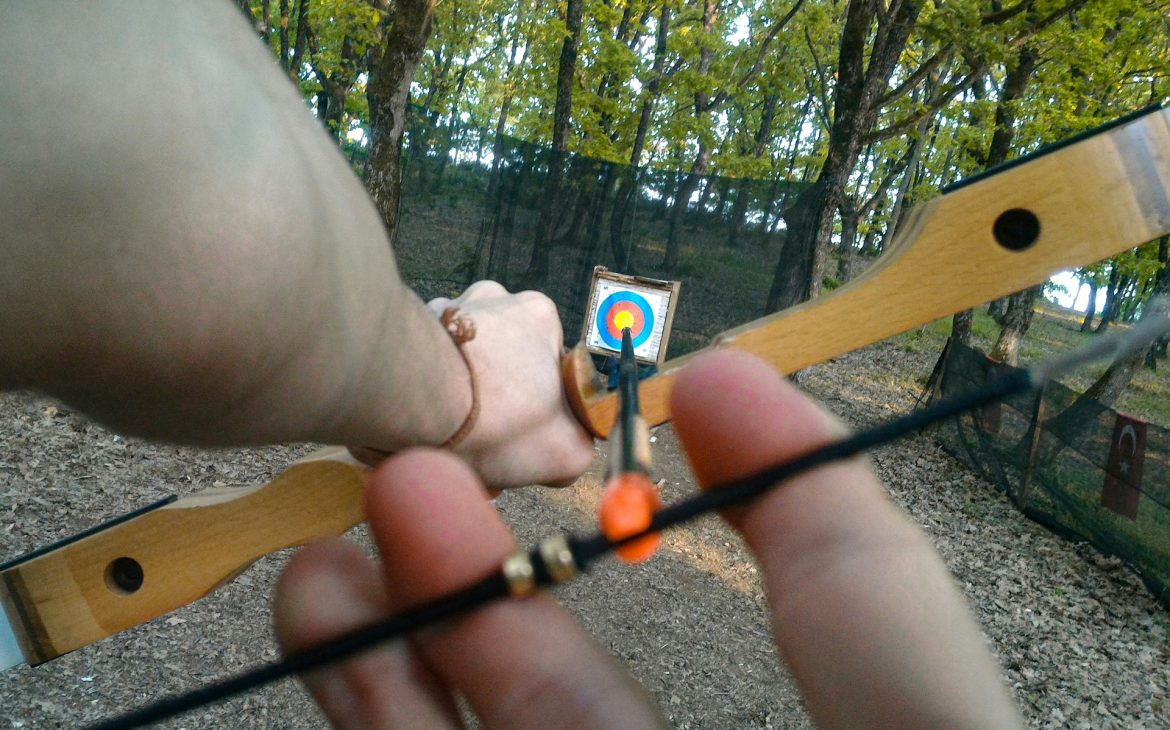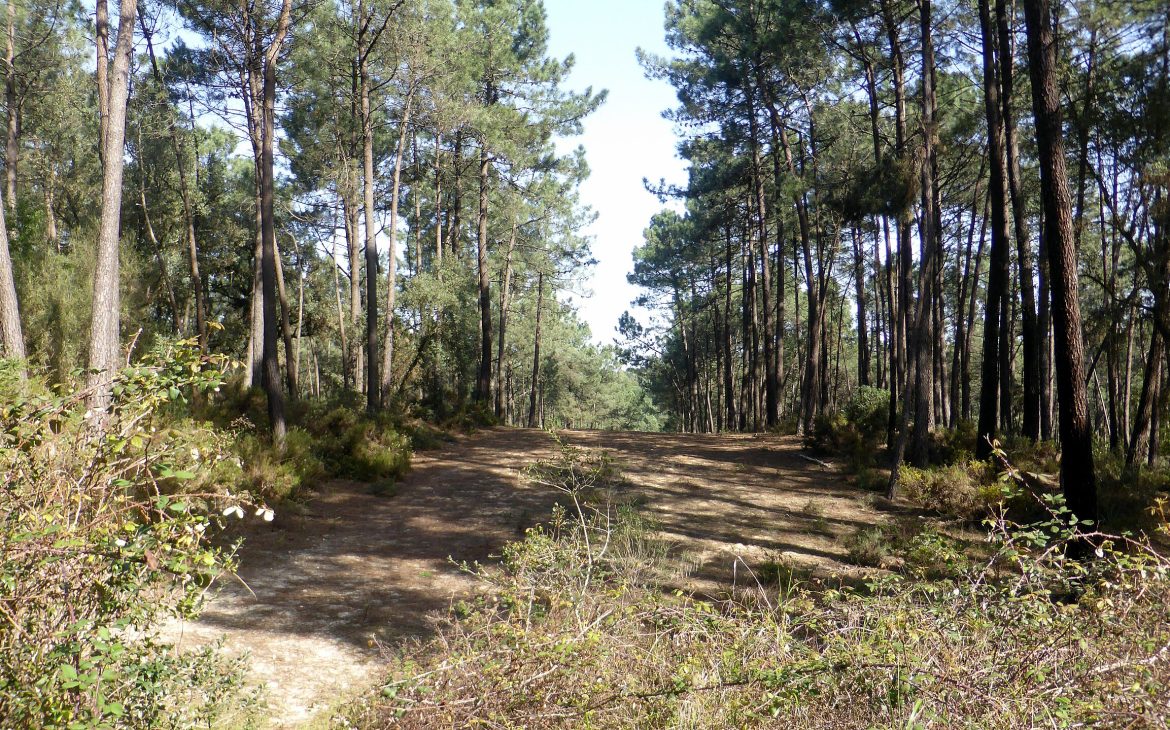By the time that my fifth bowel cancer recurrence became known, surgery was no longer an option. And while this was a hard thing to hear, it made sense in context. So, this post will explain why I can’t have surgery.
I think we need to start with the sexiest part of every adventure: logistics…
The NHS hospitals in my area have different… specialties? Specialisations? Specialnesses(es)? Whatever! The surgeons in each hospital cut up different parts of the anatomy.
Musgrove Park Hospital in Taunton will go to town on your intestines. The Bristol Royal Infirmary (BRI) in Bristol, meanwhile, will make a meal out of your liver. My primary tumour was in my large intestine, which is under Musgrove’s purview. This was convenient because Musgrove is my local hospital. Most of my metastases, however, have been in and around my liver, which needs input from the BRI.
Generally speaking, to get decisions about treatment, patient’s cases are brought up during a weekly multidisciplinary team (MDT) meeting. This allows representatives from the surgical and the oncological teams to have a discussion and then make a decision. Said decisions then make their way back down the line to the patient and are recorded like this:
I have explained the Hepatobiliary MDT outcome and that … there are no targeted treatments at present.
In this quote, ‘Hepatobiliary MDT’ is the meeting they had in Bristol about me. And ‘no targeted treatments’ means that Bristol ruled out both surgery and a rerun of the SABR treatment I had in 2020. The ‘at present’ bit is what mainly caught my interest. It indicates that targeted treatments are an option in the future, should certain conditions be met…
Naturally, I was quite keen to know what these conditions might be. If, for example, the FOLFIRI chemotherapy shrank the tumours by 50%, would that be enough to have SABR or surgery? Or is it a case of the tumours needing to be reduced to a specific physical size? Maybe 30mm? Or, perhaps, 20 mm?
What was I aiming for here?

Unfortunately, the oncologist that I was waterboarding with these questions had no idea. The only information that the oncology department in Taunton gets, is the decision made in the Bristol MDT meeting (held on Fridays). This decision is then reported in the Taunton MDT meeting (held on Mondays) but without any of the context that I was after.
And this makes sense, from a medical point of view. Everyone present in these MDT meetings is a highly trained medical professional. If one team makes an assessment, all other teams accept that decision without the need for follow up questions.
And this lack of detail was also good enough for me, in the meeting before I started my FOLFIRI chemotherapy. At that stage, I was still expecting a review after three months. I was also pretty optimistic that the scans I’d have for that review would show some real reduction in the size of my tumours.
This, however, is not what happened.
My tumours were utterly unmoved by five doses of FOLFIRI. In fact, all the FOLFIRI did was make me so nauseous that I needed a three month break before I could restart treatment. A treatment that would consist of the third and final line of chemotherapy available to me: bevacizumab and lonsurf.
Being as this next round of chemotherapy was shaping up to be something of a last-chance saloon, I was now extremely interested to know the specifics about targeted treatments. And, while I completely understood the oncologist’s dilemma, which is that they didn’t have any more answers, I wasn’t happy to leave it there.
Given that being able to have targeted treatment could well mean the difference between my life and death, I needed more specifics to make sense of things.
Now, due to the nature of MDT meetings and how they’re offset within the week, sending a request for more information in that direction seemed pointless. The oncologist suggested that, instead, I speak to one of the surgeons at the BRI. Which was a great idea. The oncologist said they’d send a request through the appropriate channels but that it might take some time to arrange a meeting…
I had a much better idea…

Because I still have private health cover, I could sidestep some of the wait time. Better still, I could arrange a meeting with the surgeon who had done all my previous liver resections. Which was ideal, because, over the course of all my treatments, there are some people I have come to trust absolutely:
- The colorectal nurse specialists – all of them: they’re amazing
- My original consultant, who was also my bowel surgeon, and is based in Taunton
- This guy, who is based in Bristol
When booking the meeting, I tried to make it clear that I understood why I couldn’t have surgery at this time. That I wasn’t looking for a surgical option prior to the next lot of chemotherapy. That I was mainly looking to the future…
I’m not sure that this message got through. Or if it did, that it was believed…
During the course of the meeting, I was told, on two occasions, that surgery at this stage would be ‘futile’. The word ‘futile’ even managed to make it into the follow up notes from the meeting. It’s almost like the surgeon was trying to tell me something…
To be fair, I did have one ‘surgery now’ type question, which had been suggested to me by a certain pharmacist that I know. The question was based around the impact that chemo has with regard to surface area to volume ratio. The idea being that if the tumours were that much smaller, the relative uptake of chemo would be that much higher, making the chemo more effective. Without doubt, a very good question.
The answer, sadly, was no. Because, ‘this type of chemo didn’t work in that way…’
Not that it mattered because, by then, the unviability of surgery had been thoroughly hammered home.
The main reason why I can’t have surgery is because the tumours are not enclosed.
I mentioned in my last post that when I had FOLFIRI the first time, it was to combat two tumours in my liver. And that these tumours were completely enclosed within the tissue of the liver. While this may or may not be important for chemotherapy success, it most certainly is for surgical success.
In my previous resections, there was always talk of ‘clear margins’. These margins were the areas around the tumour. The healthy tissue into which the surgical cuts are made. The idea being to remove the tumour without disturbing it. They actually only cut through undamaged tissue, thereby leaving the aforementioned clear margins.

My current tumours, however, are being remarkably unhelpful in this regard.
The reason why I can’t have surgery is that there is no way to remove the tumours without cutting into them. And cutting into tumours will create debris. And with the best will in the World, not all of this debris will be able to be mopped up or sucked up during the procedure. This means that debris from the tumour will end up scattered throughout my abdomen. And the thing about cancer debris is that every part of it is a viable tumour, as soon as it settles somewhere. Which means that surgery at this stage will leave me speckled with any number of new tumours, all of which will behave like they’re on Spring Break…
And although my current situation is bad, this would be considerably worse.
You could almost argue that surgery at this point would be futile…!
And why am I so willing to believe that debris will escape from the tumour, if surgery happens?
Well, I’m glad you asked…
After one of my later liver resections, the surgeon told me he had found something strange. A scrap of cellulose had been in the area where he had done the surgery. The cellulose in question was from something I had eaten, probably celery from a Spaghetti Bolognese. This bit of celery was part of the mass exodus that occurred when my bowel ruptured in 2014. This was after my original liver surgery but before the scheduled bowel surgery. A period of time where ‘collections‘ around the site of the liver surgery refused to go away, leading to an exciting ambulance ride to the hospital, one evening, after I developed rigors.
The cool thing was that I knew one of the attending paramedics, from hockey.
Anyway…
The accumulation of these delays pushed back the date of the surgery on my primary tumour, and in this time my bowel ruptured. By the time I got round to the surgery, I was literally full of shit…

What started as a simple keyhole surgery rapidly became: “Quick, gut him like a fish!”
What followed, I imagine, was some hectic scrubbing and cleaning, to try and completely wash all the crap away. Whole organs probably had to be lifted clear to get the area clean. Had I been awake, I would have been obliged to loudly bellow, “Freeeedooooom!”, just for the look of the thing.
But, I wasn’t.
So, I didn’t.
Instead I just lay there as a team of people tried to get me clean enough not to die of peritonitis.
All told, a job well done.
Except, they missed a bit…
A bit of celery which, over time, would migrate to the liver, to be discovered by a different surgeon in a different year.
So, yeah: no matter how careful you are, debris is going to happen.
And that is why I can’t have surgery…
Yet!
